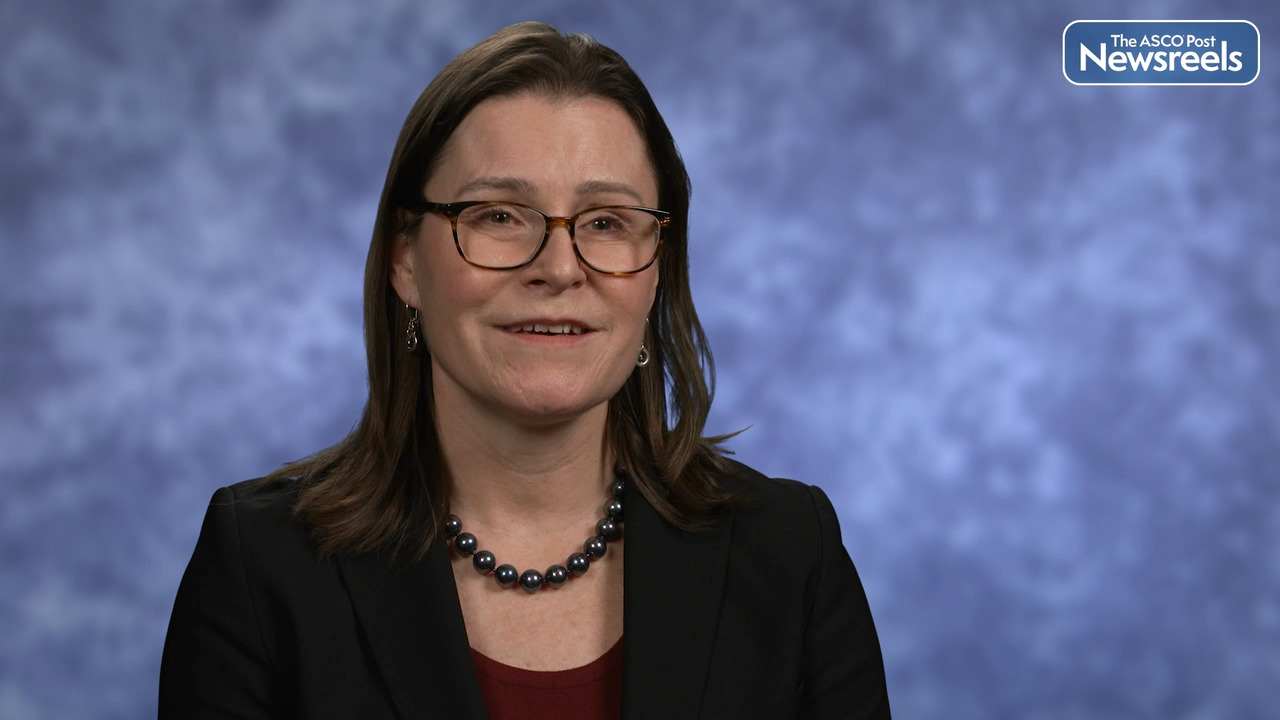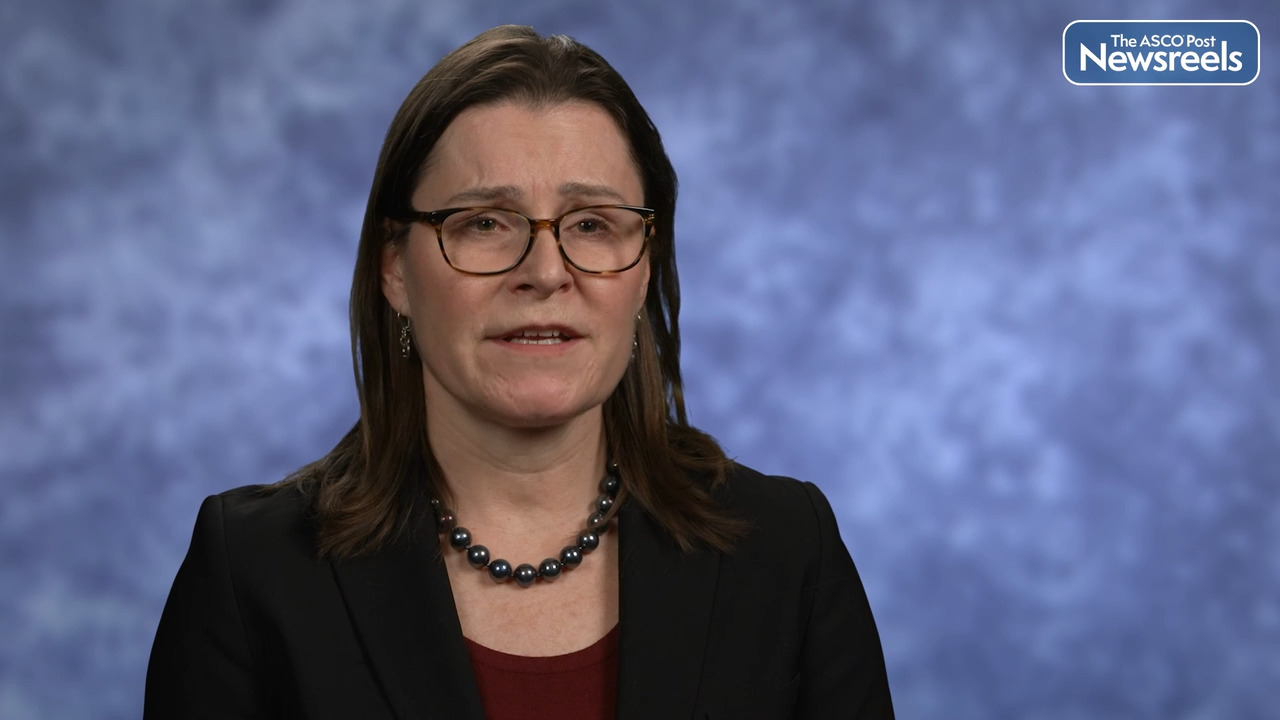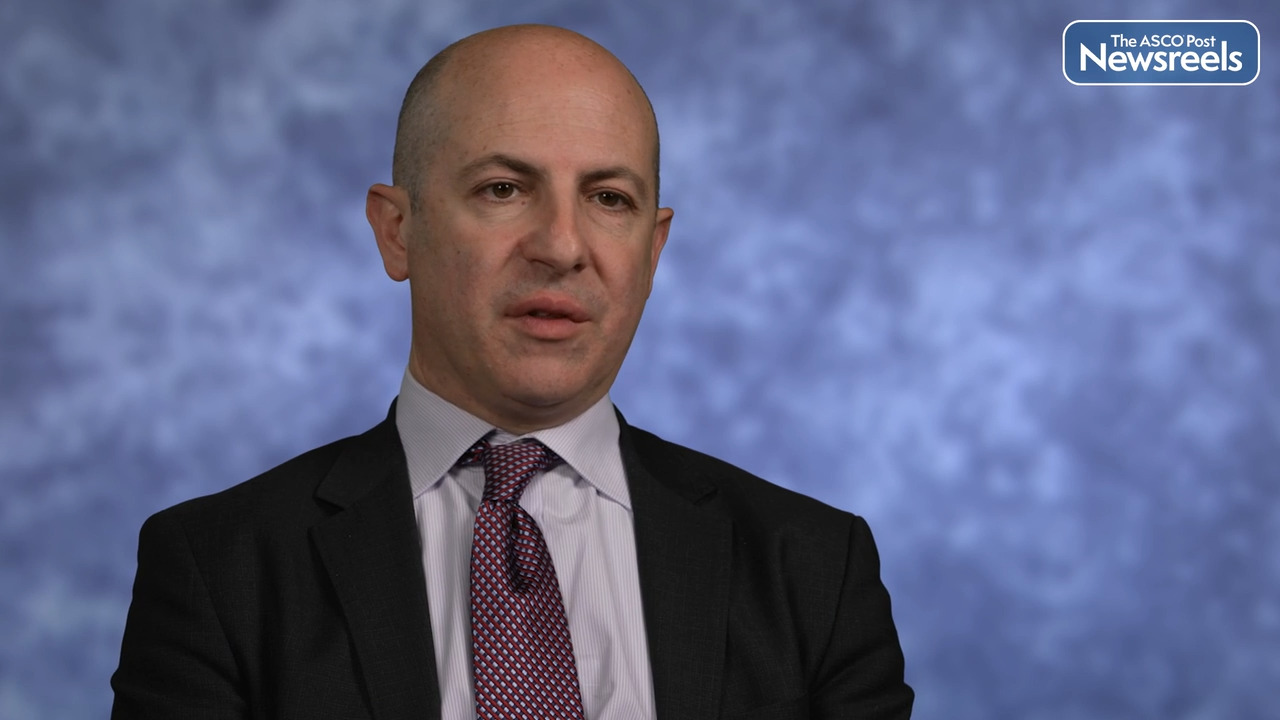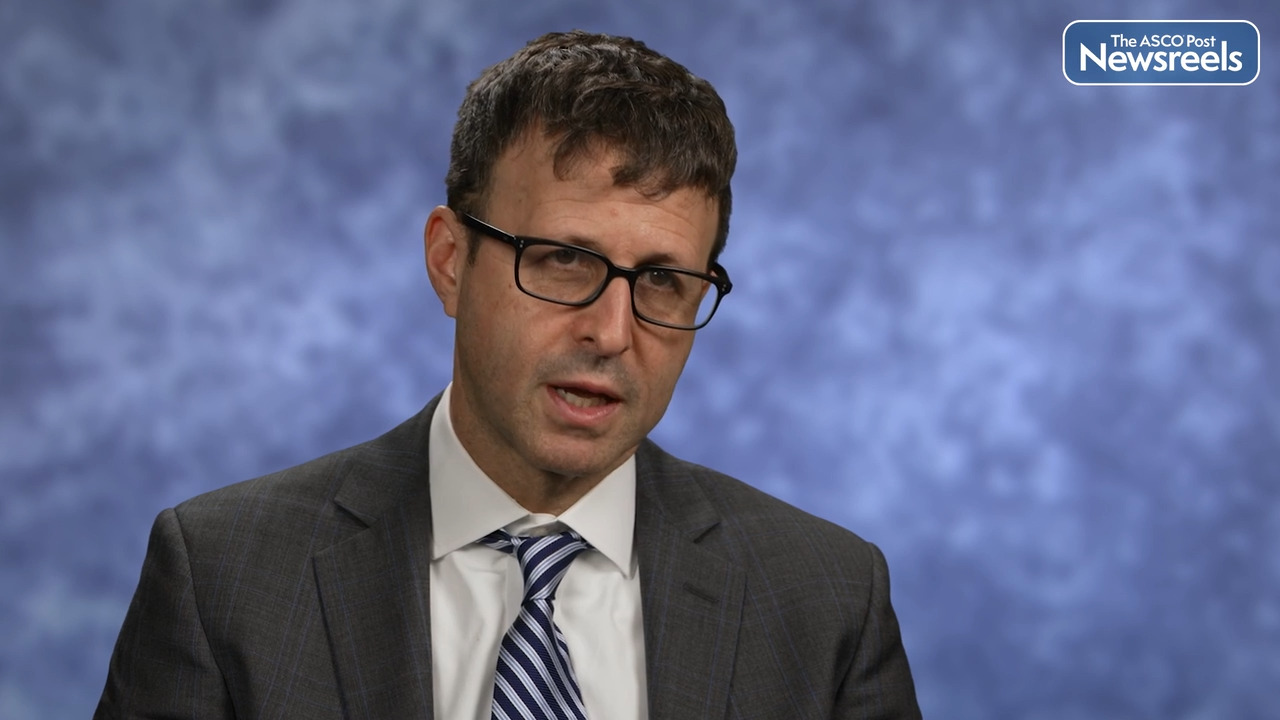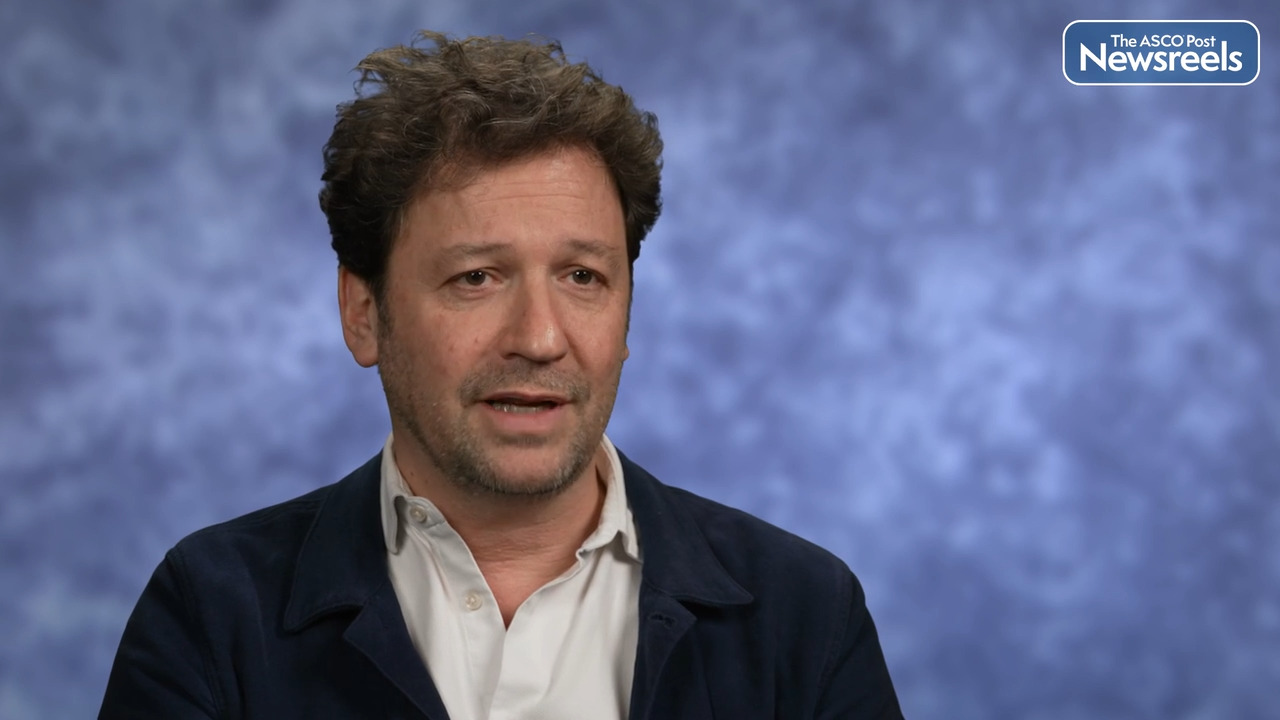Transcript
Disclaimer: This video transcript has not been proofread or edited and may contain errors.
Over the last few years, immunotherapy has really become a major pillar of cancer treatment. Immunotherapy is just one word, but under the umbrella of immunotherapy, we have many therapeutic targets such as immune checkpoint inhibitors, vaccine trials, adaptive cell therapies, cytokine therapies, as well as the treatments targeting the tumor microenvironment. We currently have FDA approved immune checkpoint inhibitors such as anti-PD-1, anti-PD-L1, as well as the CTLA-4 inhibitors.
Although we see durable responses with currently approved immune checkpoint inhibitors, the tumors often grow due to T cell exhaustion, decrease in the T cell effector function, and upregulation of other inhibitory immune checkpoints. Hence, we have new and exciting second-generation immune checkpoint inhibitors in development such as anti-LAG3 antibodies, anti-TIGIT antibodies, or anti-VISTA antibodies. The anti-LAG3 antibodies and anti-TIGIT antibodies are currently in phase III clinical trials, and the other co-stimulatory and inhibitory immune checkpoint inhibitors are still under early phase clinical trials and the data needs to mature for GI cancers.
When we look at the adaptive cell therapy or the personalized immunotherapy, this field has really come a long way for solid tumors, including GI cancers. The basic difference in the adaptive cell therapy is that therapy is the cells and not drugs. The goal of the adaptive cell therapy is to generate a robust anti-tumor immune response by infusion of ex vivo manipulated T cells. These T-cells could either come from the tumor, like tumor infiltrating lymphocytes, or these T cells could come from the peripheral blood of the patient or the donor. And by genetically modifying them and by infusing back into the patient, these cells can produce an anti-tumor response, such as TCR gene therapy and the CAR T therapy. We currently have clinical trials ongoing with the tumor infiltrating lymphocytes as well as TCR gene therapy and the CAR T therapy for gastrointestinal cancers.
In general. Solid tumors have a very high antigen heterogeneity, hence, to appropriately target the antigen, it's very difficult. Similarly, there could be an on target of tumor toxicity. What this means is the infused T cells are really very potent. So, along with the recognition of the antigen on the tumor, these T cells are also able to recognize the antigen expressed, even a small amount of antigen expressed, on the normal tissue and can cause toxicity in the normal tissue. Similarly, there could be some barriers to physically traveling of these infused T cells towards the tumor. Along with this, we also have toxicities from lymphodepletion regimen as well as the infusion of high dose interleukin 2.
Despite the barriers, I think there is hope because there are success stories. We recently have two case reports published in NEJM, where two patients, colon cancer and pancreatic cancer patients, were targeted with TCR gene therapy targeting the KRAS-G12D mutation. So, the field of immunotherapy is really expanding very rapidly in gastrointestinal cancer. Apart from second-generation immune checkpoint inhibitors and adaptive cell therapy or the personalized immunotherapy, there is a lot of development ongoing with vaccine trials, cytokine-based trials, bispecific antibodies, and a lot is coming.
I think the future of immunotherapy in gastrointestinal cancers is very optimistic and opportunistic. We have a lot of hope from second-generation immune checkpoint inhibitors, so stay tuned for the phase III results. Personalized immunotherapy or the adaptive cell therapies are challenging. There are barriers. However, there are successful stories of the patients being treated with this therapy, and that really brings a big hope.
